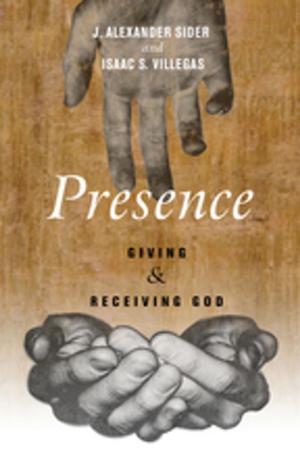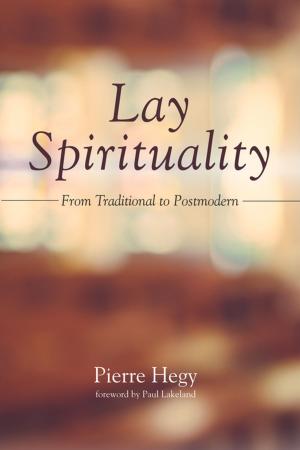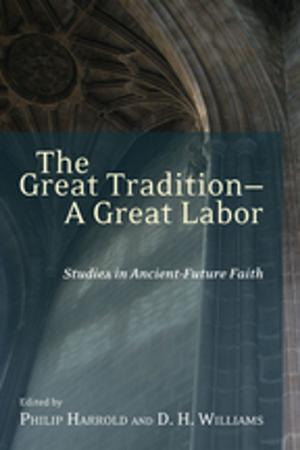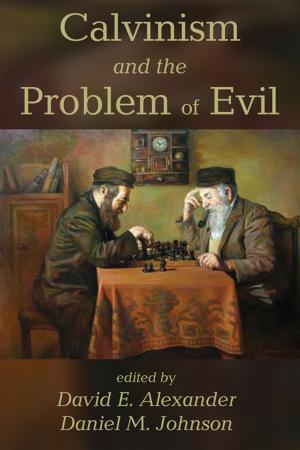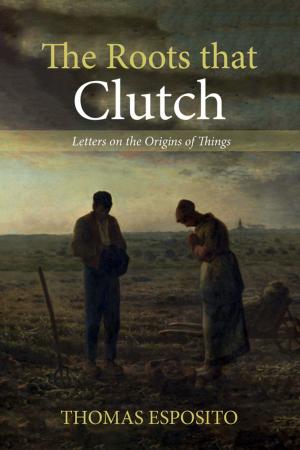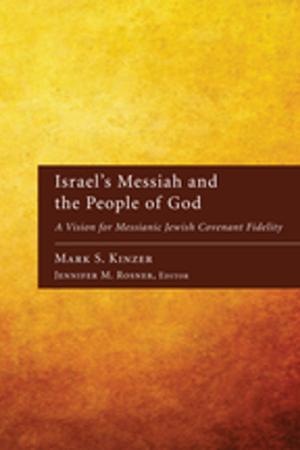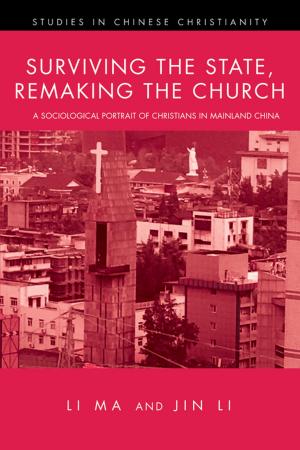From Bards to Biblical Exegetes
A Close Reading and Intertextual Analysis of Selected Exodus Psalms
Nonfiction, Religion & Spirituality| Author: | David Emanuel | ISBN: | 9781630870287 |
| Publisher: | Wipf and Stock Publishers | Publication: | August 22, 2012 |
| Imprint: | Pickwick Publications | Language: | English |
| Author: | David Emanuel |
| ISBN: | 9781630870287 |
| Publisher: | Wipf and Stock Publishers |
| Publication: | August 22, 2012 |
| Imprint: | Pickwick Publications |
| Language: | English |
A cursory glance through the Psalter reveals numerous allusions to events in Israel's literary history. While a range of literary and oral sources were obviously available to psalmists, the relationships between these sources and the psalmists' final work are more obscure. Concerning these relationships, numerous questions remain unanswered: • How strictly did the psalmists replicate their sources? • What kinds of alterations did they make (additions, omissions, etc.)? • Did they alter the meaning of their sources in their own compositions? Departing from the more classical approaches to researching the psalms--engaging in the determination of Sitz im Leben and Gattungen--this intertextual study addresses the aforementioned issues by focusing on a group of psalms associated with Israel's exodus tradition (105, 106, 135, and 136). Through a detailed comparison of lexical correspondences between the psalms and other biblical texts, together with a relative dating of each psalm, the study identifies literary sources employed by the psalmists. It additionally includes a close reading of each psalm to establish the unity and meaning of each composition. Emanuel then analyzes and categorizes lexical variances between each psalm and its sources, providing potential explanations for alterations found between the two, and revealing how the psalmists reinterpreted their biblical sources.
A cursory glance through the Psalter reveals numerous allusions to events in Israel's literary history. While a range of literary and oral sources were obviously available to psalmists, the relationships between these sources and the psalmists' final work are more obscure. Concerning these relationships, numerous questions remain unanswered: • How strictly did the psalmists replicate their sources? • What kinds of alterations did they make (additions, omissions, etc.)? • Did they alter the meaning of their sources in their own compositions? Departing from the more classical approaches to researching the psalms--engaging in the determination of Sitz im Leben and Gattungen--this intertextual study addresses the aforementioned issues by focusing on a group of psalms associated with Israel's exodus tradition (105, 106, 135, and 136). Through a detailed comparison of lexical correspondences between the psalms and other biblical texts, together with a relative dating of each psalm, the study identifies literary sources employed by the psalmists. It additionally includes a close reading of each psalm to establish the unity and meaning of each composition. Emanuel then analyzes and categorizes lexical variances between each psalm and its sources, providing potential explanations for alterations found between the two, and revealing how the psalmists reinterpreted their biblical sources.



